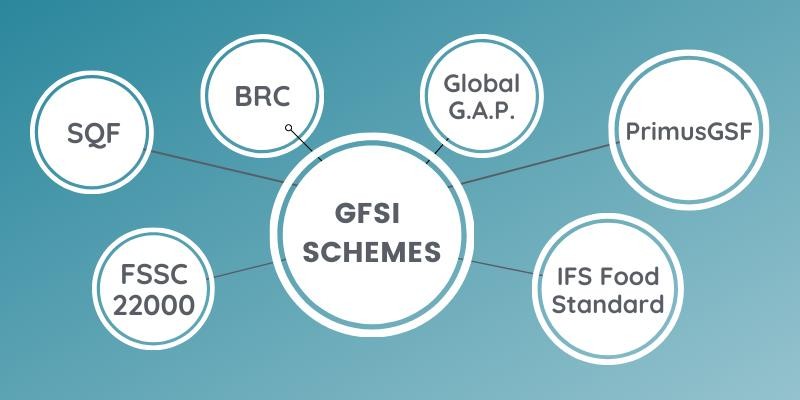In an era of globalized food supply chains, ensuring the safety and quality of food products has become a paramount concern. The Global Food Safety Initiative (GFSI) plays a crucial role in this endeavor by setting internationally recognized standards for food safety management systems. In the United States, adherence to GFSI standards is a key component of the rigorous food auditing processes that aim to safeguard public health and maintain consumer confidence.
Understanding GFSI

GFSI-Recognized Standards

Food Auditing in the United States

Third-Party Audits: Many food producers and manufacturers in the United States voluntarily undergo third-party audits to demonstrate compliance with GFSI-recognized standards. These audits are conducted by accredited certification bodies that assess the implementation and effectiveness of food safety management systems.
Industry Collaboration: GFSI-recognized standards encourage collaboration between stakeholders in the food industry, promoting the sharing of best practices and continuous improvement. This collaborative approach enhances the overall safety and quality of the food supply chain in the United States.
Benefits and Challenges

As the United States continues to navigate the complexities of it’s food supply chain, GFSI and food auditing practices stand as pillars of assurance for consumers and regulatory authorities alike. By aligning with international standards and fostering collaboration across the industry, the nation is making significant strides in enhancing food safety, ensuring the wellbeing of its citizens, and contributing to the global effort to secure a safe and reliable food supply.


